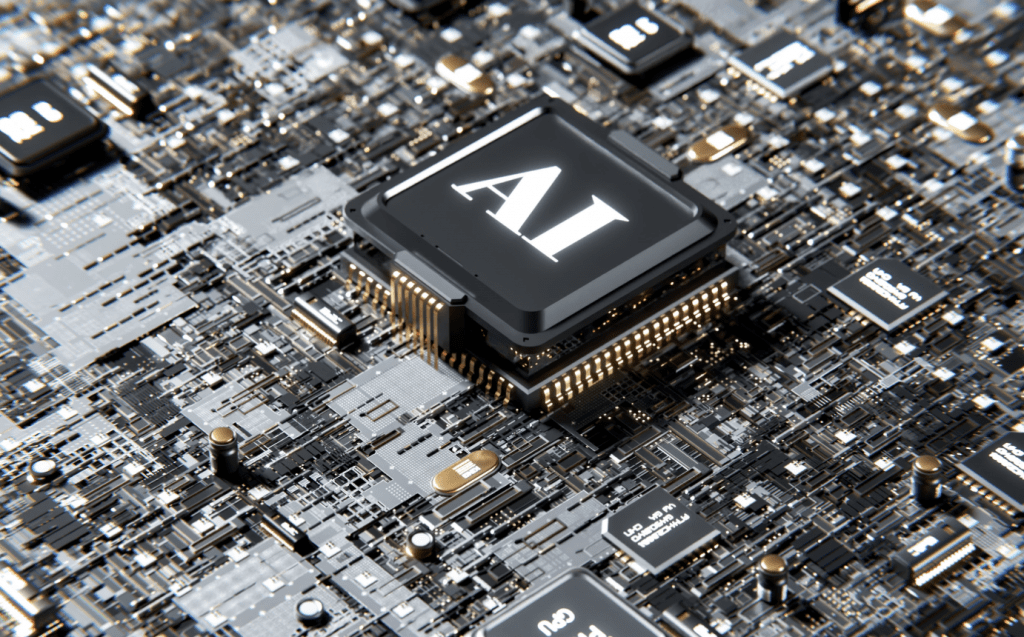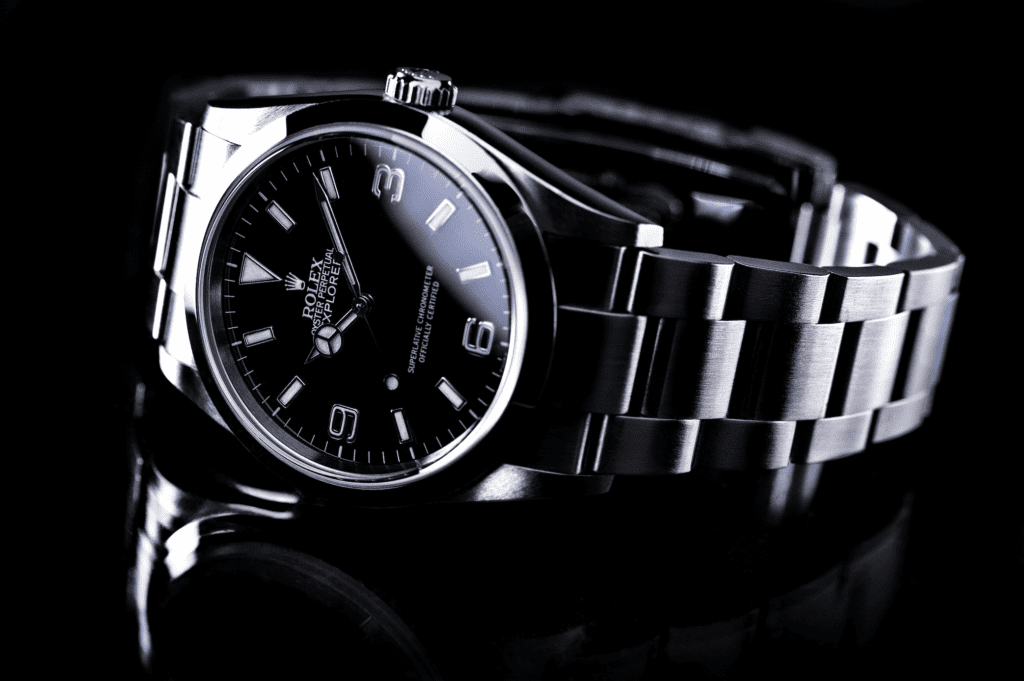The United Kingdom Supreme Court issued a first-of-its-kind ruling on Wednesday, holding that an artificial intelligence (“AI”) system cannot be named as an inventor for patent purposes in the UK. In a case that centers on Stephen Thaler’s Device for the Autonomous Bootstrapping of Unified Sentience – or “DABUS,” the Supreme Court held that the AI system does not meet the definition of inventor under the UK Patents Act of 1977, which mandates that an inventor must be a “natural person.” As such, the Supreme Court upheld earlier decisions by the UK’s Intellectual Property Office, High Court and the Court of Appeal to reject two patent applications that name “DABUS” as the inventor.
In the December 20 decision, which was authored by Judge David Kitchin, the Supreme Court confirmed that as a matter of law, under the Patents Act, an inventor must be a natural person, and that DABUS does not meet this requirement. Against that background, the court determined that Thaler could not apply for and/or obtain a patent on behalf of DABUS. Thaler had argued that his ownership of DABUS entitled him to apply for the patents. The basis for his argument on this front: The doctrine of accession in furtherance of which he claims that since he owned the DABUS AI system, he owned the inventions created by that system. The court was, however, unpersuaded, stating that such a claim is without merit.
Finally, the Supreme Court held that the UK’s Intellectual Property Office was entitled to treat Thaler’s applications as withdrawn on the basis he had failed to comply with section 13(2) of the Patents Act of 1977, which requires that “an applicant for a patent shall within the prescribed period file with the Patent Office a statement: (a)identifying the person or persons whom he believes to be the inventor or inventors; and (b) where the applicant is not the sole inventor or the applicants are not the joint inventors, indicating the derivation of his or their right to be granted the patent.” Unless an application does so, the Patents Act mandates that “the application shall be taken to be withdrawn.”
In the court’s determination, Judge Kitchin stated that Thaler’s appeal is “not concerned with the broader question whether technical advances generated by machines acting autonomously and powered by AI should be patentable, nor is it concerned with the question whether the meaning of the term ‘inventor’ ought to be expanded … to include machines powered by AI which generate new and non-obvious products and processes which may be thought to offer benefits over products and processes which are already known.”
Reflecting on the decision, Bird & Bird’s Toby Bond stated in an alert on Wednesday that “in the short term,” the court’s holding is “unlikely to cause much disruption for businesses,” noting that in cases where AI systems are “being used as tools by human inventors and businesses, [those parties] will not have a problem identifying one or more humans to name as inventors in their patent applications.” Businesses can also “take some comfort from the fact that their entitlement to apply for patents can only be challenged under the Patents Act by someone who claims that they were entitled to apply for the patent, [and] this would not include an AI system.”
Longer-term issues, such as “whether technical advances generated by AI should be patentable and whether the term ‘inventor’ ought to be expanded to cover AI,” will likely need to be addressed by way of legislation, per Bond. “In June 2022 the UKIPO concluded that there was no evidence that UK patent law is currently inappropriate to protect inventions made using AI. Given the rapid advances in AI technology since the summer of 2022, this conclusion may need to be revisited sooner than expected.”
THE BIGGER PICTURE: Not the first fight over whether AI systems can be credited as inventors, Thaler initiated a similar case in the U.S. after the U.S. Patent and Trademark Office (“USPTO”) rejected a patent application he lodged, in which he named DABUS as the sole inventor of the patent. The basis for the USPTO’s refusal: U.S. patent law requires that an inventor be a natural person, and thus, an artificial intelligence entity does not fit the bill. In a decision written by Robert Bahr, Deputy Commissioner for Patent Examination Policy, and issued in April 2021, the USPTO asserted that interpreting patent inventors “to encompass machines would contradict the plain reading of the patent statutes that refer to persons and individuals.”
That matter almost made its way to the U.S. Supreme Court. Following decisions from a federal court on Virginia and the U.S. Court of Appeals for the Federal Circuit, both of which sided with the USPTO, Thaler petition SCOTUS to take up the matter and answer the question of whether the Patent Act “categorically restrict[s] the statutory term ‘inventor’ to human beings alone?”However, the court refused to do so, denying Thaler’s petition in April 2023, thereby, leaving the Federal Circuit’s finding in place.











